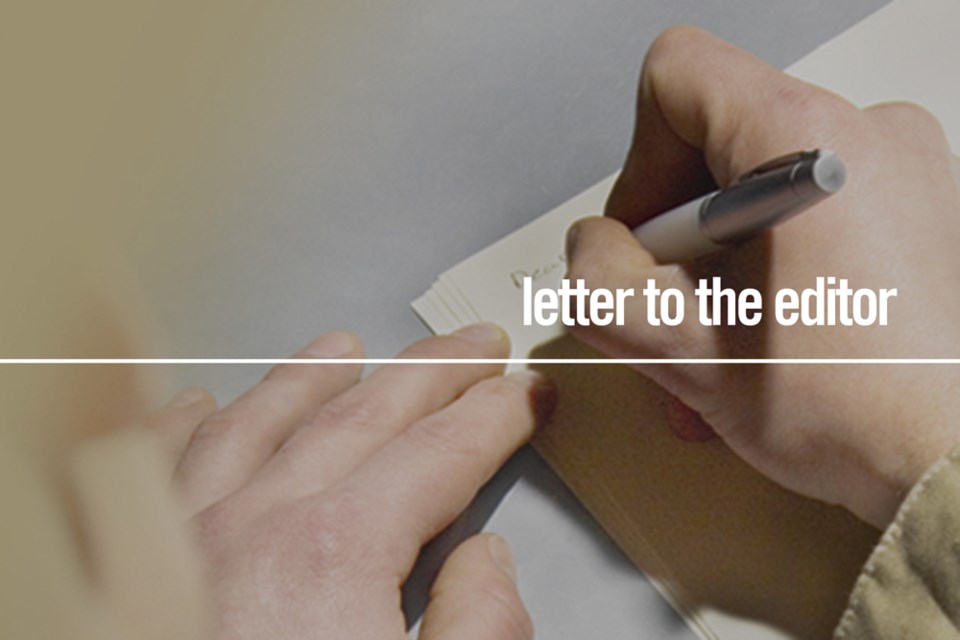• Start with the raft. Not only the floatation/transport to the island, it was shelter and a water collection system.
• The paddle
• FedEx boxes – due to their coating and construction, they did not sink.
• The shoes (yes, your Nikes have plastic) allowing him to transition to bare feet over time.
• The flashlight
• Videotapes – lashing the raft together
• The Dress – the nylon mesh used for a net to gain protein, and as a wind sock to show wind direction
• Bubble wrap – to dress his leg wound
• Porta potti wall – the sail!
• WILSON – kept him “sane”
I’m sure there’s more. The point is, plastic is not evil – pollution is.
I was disappointed in Sobeys' announcement in July to get rid of plastic bags. They are taking a “follow the path of least resistance” approach instead of taking a leadership stance in a global problem.
We’ve all seen the evidence of how waste products in developing nations are ending up in rivers and oceans as a method of disposing of it. We did the same for years throughout history, there just wasn’t plastic around to remind us. We also know the percentage of our plastic that actually goes to recycle or to landfills, (which are really storage for when it is cost effective to sort and recycle in the future).
Sobeys announced they used over 200 million plastic bags a year. I would imagine Safeway, which they own is close to the same.
If they charged five cents a bag (user pay), they would generate over $22 million a year. They could lead a group of retailers to join in, and with the potential of over $100 million a year, hire experts in recycling, waste management, etc., and send them to other nations to begin constructing and teaching people waste management. They could purchase the equipment, even in some cases, the land. And especially, when they are able to teach the impact of jobs in the industry, and the money to be made from raw materials salvaged, more and more towns in these developing countries would get their own program going. (Think Doctors Without Borders.)
Instead, they have chosen to placate the masses and move on.
And don’t even start on the millions of litres of effluent from the pulp mills to make paper bags. (It’s ok, you only see it at outflow. Essentially, the chemicals are invisible on the beaches and in the ocean.)
We know the politicians won’t do anything. It’s time industry took leadership.
Spend your marketing dollars on advertising the good you are doing, and I’ll be an even more loyal customer. I already know what a banana costs, and what it looks like.
Alan Otway, Morinville


